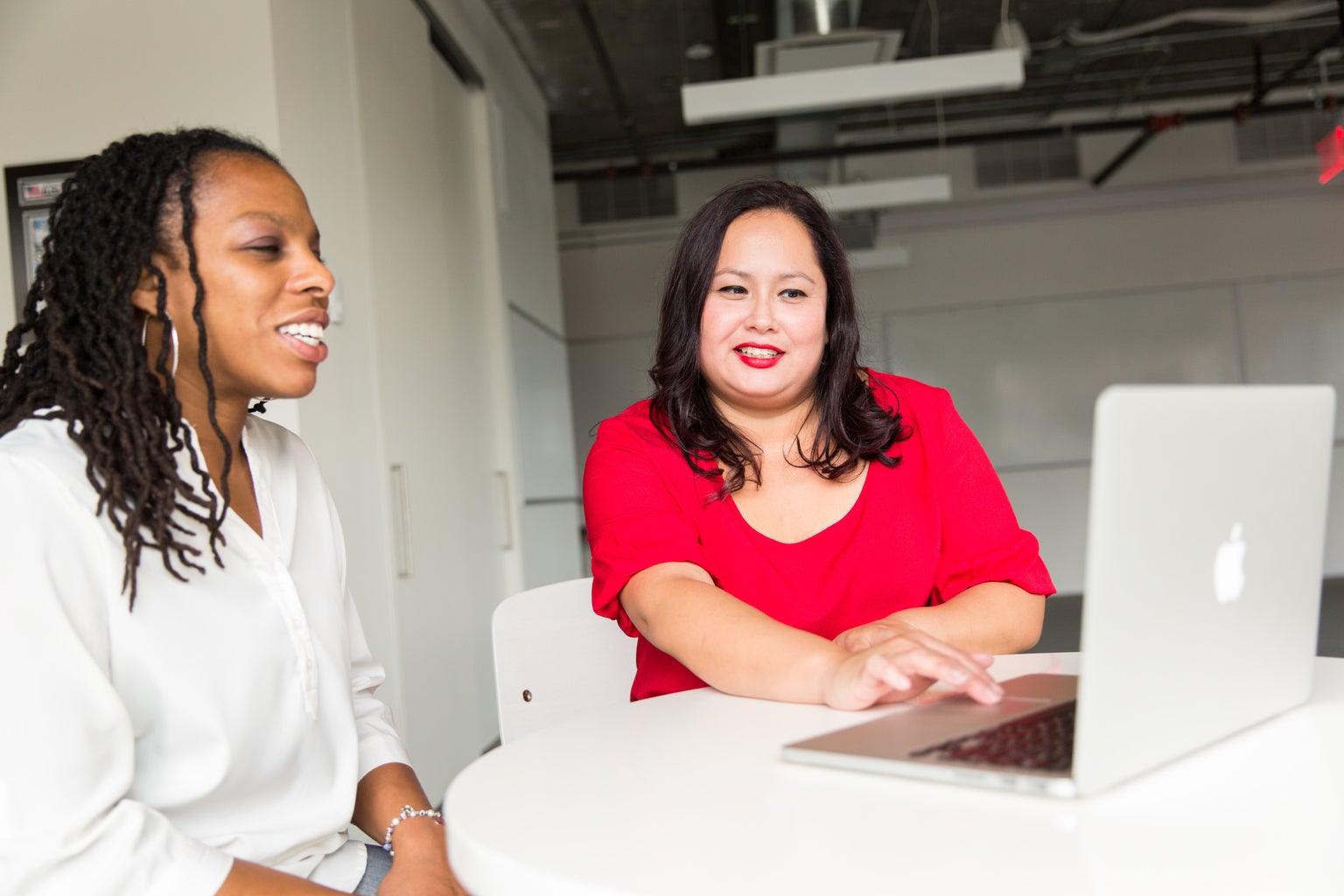If you’ve ever taken a minute to scroll through Rock Chalk Central, our school’s website for extracurriculars, you’ve probably noticed a pattern with the clubs. There’s Finance Club, but then there’s Women in Finance. Business Club, and Women’s Business Club. Computing Club, and Women in Computing. It’s a recurring theme: for co-ed, male-dominated clubs, there’s usually a version for women. You might’ve seen this and wondered, why do we even need these separate women-focused clubs? I recently spoke with Sriya Annem, president of Women in Computing, to find out why these spaces exist and why they matter.
Sriya, a junior studying computer science, has been a member of Women in Computing (WiC) since her freshman year. She originally joined because it was one of the few clubs on campus that focused entirely on computing, not just engineering as a whole. But what really made her stick with the club was the sense of belonging she found there. In computer science, where women and non-binary students are often in the minority, finding a space where you can connect with others who understand your experiences can be really important.
For Sriya, one of the most eye-opening experiences was realizing how few women there were in her computer science courses. In classes dominated by men, it can be easy to feel out of place or unsure of whether you belong. This is a common challenge for many women in STEM fields, where the gender gap remains significant. The existence of clubs like Women in Computing creates a safe, welcoming environment where women and non-binary students can come together, share experiences, and support one another in navigating these challenges.
When Sriya first joined, the president of the club was an Indian woman, and seeing someone who looked like her in a leadership position had a huge impact. Representation matters, and seeing other women—especially women of color—take on leadership roles helps break down the barriers of doubt that many underrepresented students face in male-dominated fields. It showed Sriya that she could take on a similar role and help create the same kind of supportive environment she found when she first joined. So, she decided to get involved as the Outreach Chair, where she worked to grow the club and bring in more members. For Sriya, Women in Computing is about more than just learning tech skills—it’s about creating a community where women and non-binary students can feel comfortable in a field where they’re often the minority.
Now as president, Sriya is focused on keeping the club inclusive and making it more impactful. One of her major projects is the website program, which started out as a small project to build a site for WiC but has grown into something much bigger. Now, it’s a program used to teach basic computer and tech skills to any KU student, no matter their major. Sriya realized that as technology becomes a bigger part of every industry, having some tech skills is really valuable, even for students outside of computer science. The program aims to help students who might be intimidated by tech gain confidence and learn essential skills. This initiative reflects one of the core missions of Women in Computing: to break down the barriers that prevent women and non-binary individuals from feeling like they belong in the world of tech.
But beyond learning to code, Women in Computing is about building confidence and creating friendships. Sriya talks about how, as a freshman, she found some of her closest friends through WiC. The club gave her a space to share her struggles and successes with people who could relate, which made a huge difference in her time at KU. This sense of community is one of the main reasons why women-focused spaces like WiC are so important in fields where women are underrepresented. For many members, these clubs become more than just extracurricular activities—they become lifelines that provide mentorship, guidance, and a strong sense of belonging.
WiC doesn’t just focus on personal growth, though—it also emphasizes professional development. Sriya and the other club members regularly host workshops, speaker events, and networking opportunities that help connect students with professionals in the field. Events like the Grace Hopper Celebration, the biggest gathering of women in computing, offer opportunities for WiC members to meet other women in the industry, attend workshops, and get inspired by women in leadership roles. For many members, attending such events reinforces the value of building a strong support system and continuing to uplift one another as they progress in their careers.
Sriya believes that these women-focused spaces are crucial, not just for individual success but for shifting the overall culture of computing. When women and non-binary individuals come together, they can collectively challenge the biases and stereotypes that often define the tech world. These clubs help empower members to pursue leadership roles, take risks, and advocate for themselves in environments where they might otherwise feel marginalized. In WiC, members are encouraged to take initiative, whether it’s by leading a project, organizing an event, or mentoring new students. This active participation fosters a culture of leadership and resilience that extends beyond the university setting.
Clubs like WiC play a key role in increasing diversity in tech. As industries recognize the importance of diverse perspectives in driving innovation, there is a growing demand for women and non-binary individuals in computing. WiC helps bridge the gap by providing its members with the tools, confidence, and connections they need to thrive in this competitive field. By offering both technical training and emotional support.
In comparison to all-gender computing clubs, which are often male-dominated, WiC gives these marginalized students a place where they don’t feel like the odd ones out. It’s a space where they can connect with each other on a social and professional level, without feeling the pressure of constantly having to prove themselves. This kind of supportive environment allows members to focus on growing their skills, networking, and building their careers. Ultimately, Women in Computing is not just a club—it’s a community that empowers its members to shape the future of tech.





